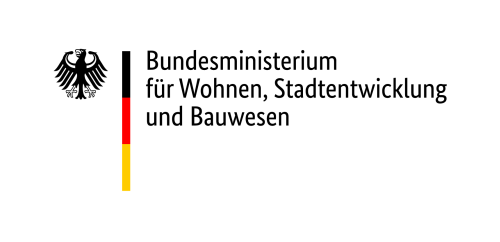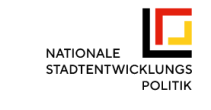SZaP
Testing the City of the Future - A living and working experiment for a climate neutral city of Görlitz
The city of Görlitz is the easternmost city in Germany, located directly at the Polish border. It is known above all for its large historical building stock with around 4,000 individual monuments. Nevertheless, the city is affected by demographic change as well as by the changing economic structures in the region of Lusatia. Due to a negative natural population trend, the city is dependent on immigration to ensure a long-term stabilization of the population - like many other peripheral medium-sized cities. This is the background against which the city of Görlitz tries to preserve its historic building stock and to maintain attractive public infrastructures as well as a skilled workforce and a lively and committed urban society, all of which can be regarded as foundations for sustainable urban development.
The aspired transformation to a climate-neutral city by 2030 requires professional expertise, and consciously sustainable ways of living and working. The project "Testing the City of the Future - a living and working experiment for a climate-neutral city of Görlitz" aims to draw attention to Görlitz as a place to live and work and at the same time identify the opportunities of a targeted influx for the implementation of sustainable urban development. The project is embedded in the current initiative "European City of Görlitz/Zgorzelec 2030 - City of the Future". The aim is to gain insights into the location requirements and perspectives of qualified workers. What makes them settle in certain places and specifically in Görlitz? And what possibly prevents them from taking the step to Görlitz or to another small or medium-sized town? The current project focuses on sustainable ways of living and working.
The project offers three-month stays to potential newcomers, which will be offered an apartment in the city free of charge during that period. This is scientifically accompanied. The participants use their stay to deal with the topic of sustainable urban development as part of their work and to bring their knowledge to the city. Various working models are planned for this purpose: internships in companies, academic guest stays, start-up activities and even stays by freelance artists. The accompanying research covers both the impressions of the newcomers and the actions taken by the hosting local community.
The project is funded by the Federal Ministry of the Interior, Building and Community (BMI) / Federal Institute for research on Building, Urban Affairs and Spatial Development (BBSR) as part of their National Urban Development Policy. The Leibniz Institute of Ecological Urban and Regional Development (IOER), represented by the Interdisciplinary Centre for Ecological and Revitalising Urban Transformation (IZS), is implementing the project together with local institutions from business, science and civil society.




![[Translate to English:] Leibniz Gemeinschaft](/fileadmin/user_upload/ioer_de/img/logo-leibniz-gemeinschaft.svg)
![[Translate to English:] Dresden concept](/fileadmin/_processed_/2/1/csm_logo-dresden-concept_430c661ad7.png)

